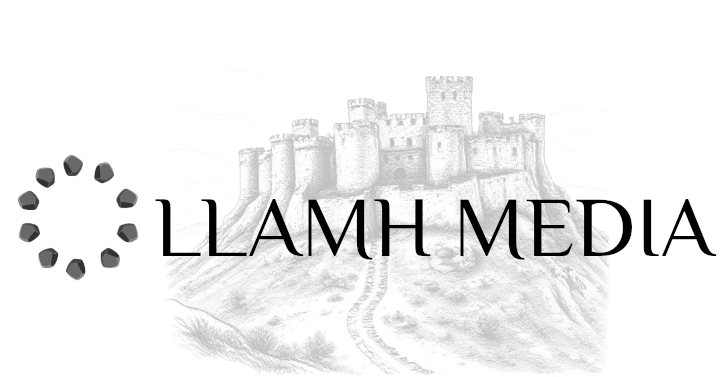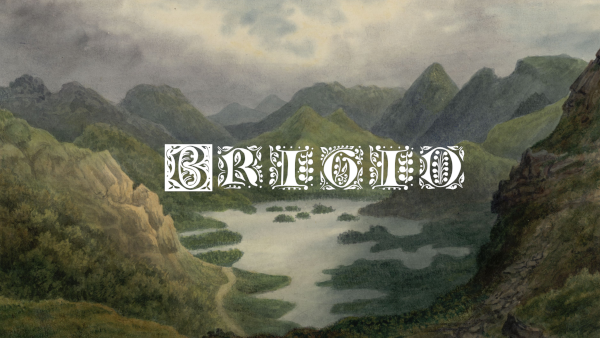Brigid, the exalted one. She was a highly revered feminine personality venerated by both pre-Christian and Christian Gaels. The Gaels saw her as one who had an influence and association with wisdom, poetry, healing, protection, blacksmithing and domesticating animals.
Pagan Ireland
Brigid was the daughter of the Dagda. She was a woman of wisdom and possessed mastery of poetry. Christian monks in the 9th century wrote in Cormac’s Glossary describing her as “the goddess whom poets adored”. Within the same text it is mentioned that she had two sisters: Brigit the physician or “woman of healing”, and Brigit the smith. Historians postulate that the term “Brigit”, was a title, rather than a given name.
Brigid had two oxen, named Fea and Femen which accompanied her, who are radiant in beauty. She also possessed, the king of the boars, Torc Triath. The animals would cry out when there was hardship in Ireland and she would respond to them.
Brigid was the wife of Bres and had a son called, Ruadán. She began the custom of keening, a combination of wailing and singing, while mourning the death of Ruadán. Brigid also invented the custom of whistling while travelling at night. The Gaels would continue to use this technique throughout the ages.
Christianity
Historians have debated over the history of the Christian Saint Brigid of Kildare. They have suggested that this personality was born from the pre-Christian accounts. Saint Brigid of Kildare is associated with perpetual, sacred flames, such as the one maintained by 19 nuns at her sanctuary in Kildare, Ireland. According to Giraldus Cambrensis there was an impassable hedge surrounding this sacred flame.
However, the tradition of sancitified females tending sacred flames is a common historical feature of ancient Indo-european pre-Christian spirituality. Also both Christian and Pre-Christian Gaels associated Brigit with holy wells. Holy wells, like the one in Kildare as well as many others within the Celtic lands.
Festival of Brigid
Saint Brigid’s feast day on 1st of February and is a recognised celebration within the Roman Catholic, the Eastern Orthodox and the Anglican Churches respectively.

